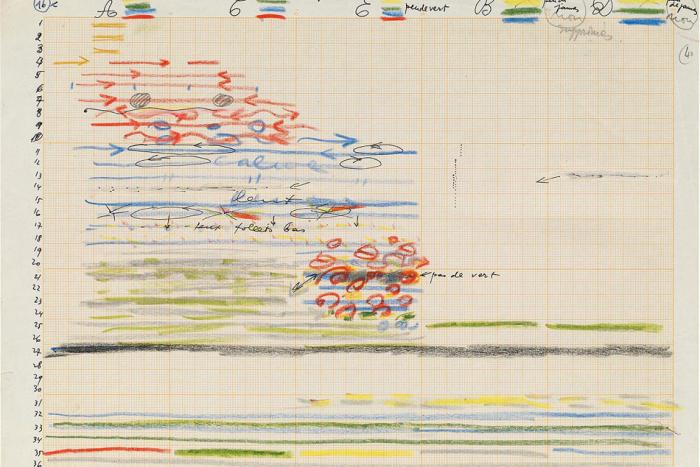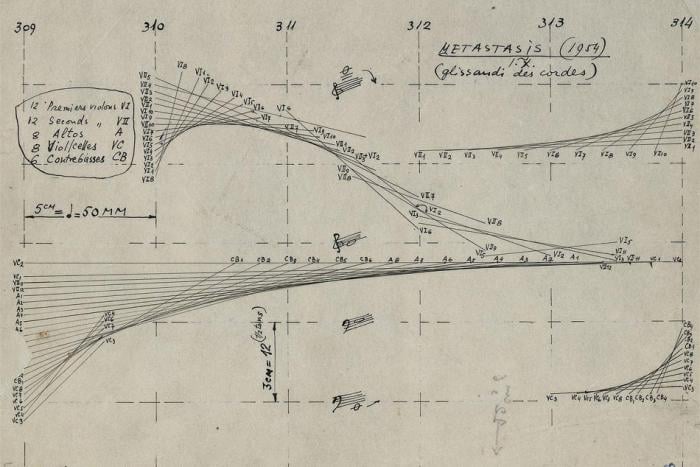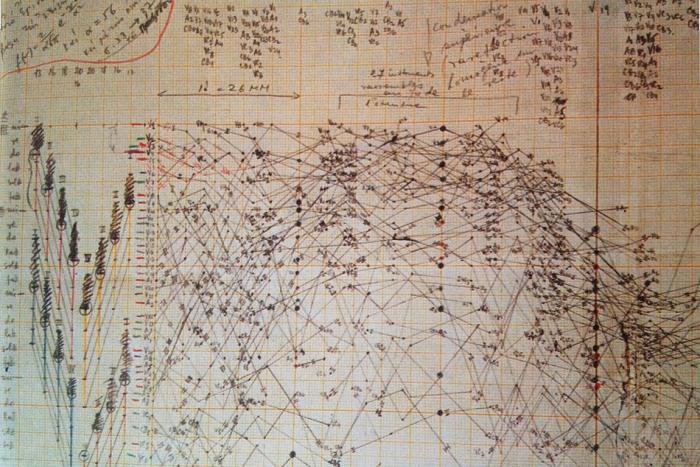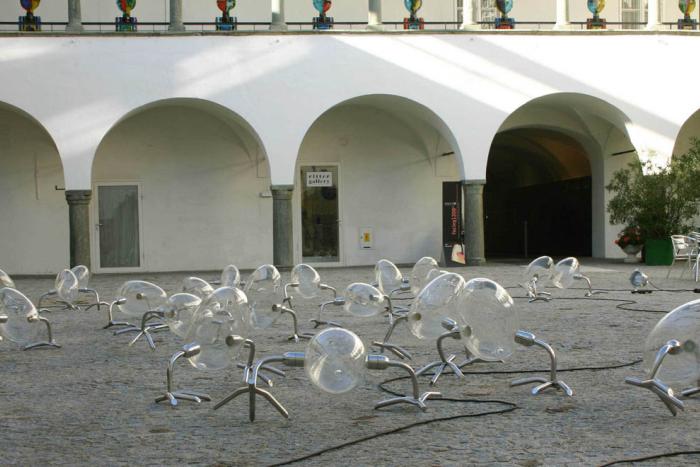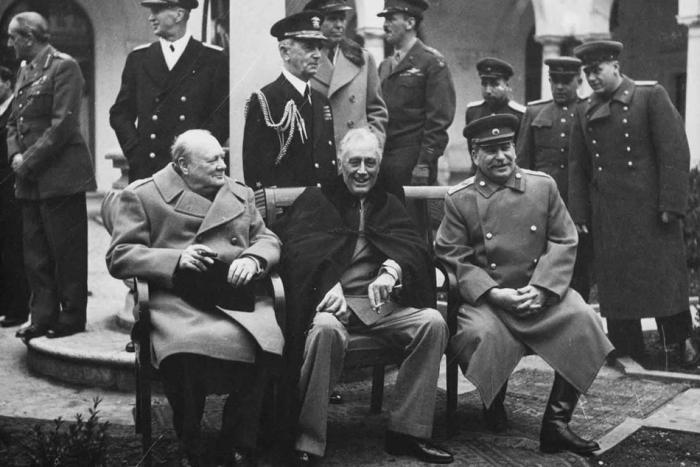Degrowth economists argue that perpetual growth is unsustainable—therefore, we'd better contract the economy on purpose. And while this may seem unthinkable to some, it's a lot less loony—or dire—than we might assume.
Tangent
The Latest
What's the difference between an assault to the eardrums and a treat for them? The answer is a matter of aesthetics, yes, but also time and distance.
For those concerned with etiquette, there's nothing more nerve-wracking than an extended stay at a friend's house. How does one earn their keep? The answer, perhaps: write the hosts a poem.
The book you're reading, or the literary figure you currently idolize, can colour your life as you live it. And this can create problems.
While there are compelling arguments on both sides of the age-old debate, there's a good reason for preferring one to the other, and it doesn't have much to do with science.
The Catholic church is ready for aliens, theologically speaking. But extraterrestrials could mean bad news for more than just religious doctrine, and there's a chance they'll be nothing like we expect.
According to some physicists, there's a chance that our world is simulated. Which is an unsettling concept, until you remember something: novels are simulated worlds.
The Great Man theory has serious flaws, as many have pointed out over the years. But it's no less attractive—or useful, perhaps—for its failures.
What happens when you send kids far away from their parents, to be raised by adults who don't love them in hallowed halls of learning? According to George Orwell, it's a childhood without much joy.
At the start of a new year, otherworldly guidance is always useful. Especially if a supernatural thriller has you obsessed with demons to the point of sleeping with the light on. How do you cleanse your spiritual palate?
Pagination
- Previous page
- Page 8
- Next page


